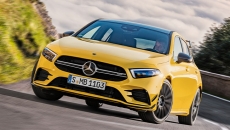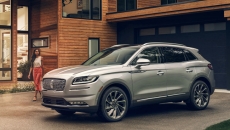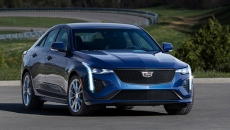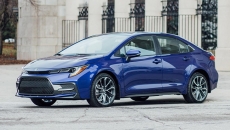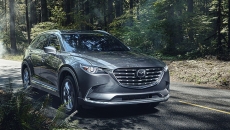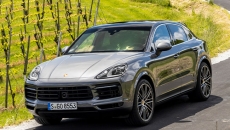How much range an electric vehicle has is a primary consideration for many EV shoppers in determining which one they should purchase. But nearly as important is how quickly an EV can charge at a public fast-charging station. After all, the quicker you can charge your EV, the quicker you can get back on the road and continue driving.
One problem, however, is that it can be hard to understand and compare various charging speed claims by automakers. That’s why Edmunds came up with a new independent test to help consumers quickly and easily compare the charging speeds of different EVs.
EDMUNDS CHARGING TEST
Automakers use different ways to express how quickly their vehicles charge. Looking at automaker websites, you might see one automaker say its EV can use fast charging to charge from 10% to 80% in 35 minutes, while another touts that its EV can add 100 miles of range in just 20 minutes. It’s nearly impossible to compare these different automaker claims and understand which vehicles are actually the best.
The Edmunds EV Charging Test is standardized and combines charging information from the EV-testing specialist company P3 along with Edmunds’ own real-world testing data on how much electricity an EV uses per mile of driving. The resulting figure is an easy-to-compare measurement expressed as miles per charging hour.
A vehicle with a higher miles per charging hour tested figure will ultimately require less of your time spent waiting and charging compared to a vehicle with a lower miles per charging hour figure. EVs that charge quickly and are efficient in their use of electricity score the best in this test, while slow-charging EVs or those that use a lot of electricity to drive will have the worst results.
THE QUICKEST-CHARGING EVS
The Hyundai Ioniq 6 sedan scored the highest in Edmunds’ test, with a potential of gaining 868 miles per charging hour in ideal conditions and when using an appropriately powered charging station. Other EVs with impressively quick charging speeds of more than 500 miles per hour include the related Hyundai Ioniq 5 SUV, Kia’s EV6 and EV9 SUVs, Porsche’s Taycan sport sedan, the Tesla Model 3 and Model Y, and Mercedes-Benz’s EQS sedan.
The laggard of Edmunds’ testing so far is the Chevrolet Bolt EUV, which has a potential charging speed of just 172 miles per charging hour. While the Bolt EUV is pretty efficient and well rated by Edmunds overall, its slow charging power holds it back from being an ideal long-distance driving EV.
EV CHARGING EXPLAINED
There are different types of charging that are often called Level 1, Level 2 and Level 3 charging. The last of these is often referred to as fast charging because it requires the least amount of time to put the maximum amount of electricity and driving range back into an EV’s battery pack.
Level 1 charging uses a standard 120-volt household power outlet. This makes it the most convenient means to recharge, but far and away the slowest method. A Level 1 charge usually adds only 2-3 miles of range for every hour the EV is plugged in. To achieve a full charge using this method could take days depending on the car’s state of charge and battery size.
Level 2 is considered a much more user-friendly alternative because it significantly slashes recharge times. A 240-volt power source is used in Level 2 charging, which is typically what’s used to power an oven or a laundry room dryer. Charging an EV in a home is typically done with a Level 2 setup. A typical EV charging with a Level 2 power source might gain around 25 to 35 miles per charging hour.
Finally, we come to Level 3, or what’s commonly known as fast charging. Fast charging is great for EV drivers who are traveling long distances and need a quick way to add range. It also works well for EV owners who don’t have access to a home charger, such as people living in apartments or homes without a garage.
EDMUNDS SAYS
It never hurts to do your research when it comes time to choose the best electric vehicle for your driving needs and budget. If you will only use your EV for city driving and have a home charging setup, a quick fast-charging speed isn’t that important. But owners wanting to use their EV for frequent long road trips should make charging speed a big consideration.

